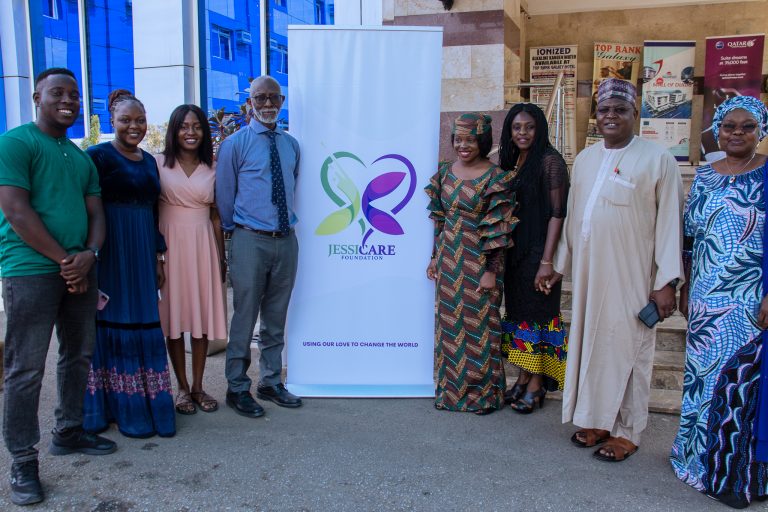The Legacy Of Philip Imade
Philip Imade was many things in one, he was a fighter, a relentless go-getter and a cheerful man. Four qualities of Philip that stood
This event was organised to create awareness of the harmful effect of mycotoxin-contaminated produce amongst farmers in the Northern part of Nigeria and its management.
In June 2019, Jessica Jesse Mambula, the founder of Jessicare foundation started volunteering at the INternally Displaced Persons (IDP) camp, Abuja, Nigeria, where displaced victims of the Boko Haram terrorist crisis took refuge.
Maize was the common food eaten in that camp. To prepare the most common local food ‘tuwo’, the maize is dried after being harvested and ground into powder form. Aside from Tuwo, farmers roast and boil corn and sell it to generate income.
The by-products of these maize were not tested for safety and no regulatory body was set in place to govern their farming practice. Jessica then raised an internal question, “Is there a possibility that this food item could contain aflatoxin, which is a poisonous carcinogen produced by aspergillus?”.
This spurred her desire to educate and create awareness on the negative health effects of aflatoxin to rural farmers in the Northern part of Nigeria.

An interactive session with farmers was carried out. This was aimed at getting an overview of their farming process, changes over the farming seasons, challenges encountered during farming and introducing the basic concept of mycotoxin contamination, its identification and management of identified crops.
The seminar lasted for about 4 hours which entailed an overview on the health impact of aflatoxin on both humans and animals. The event followed a light refreshment and the farmers were transported back to their homes.
We visited their farmlands, looking at their current practice and educating them on how to best manage the maize produce.
The farmers were also given appreciation gifts of maize seeds, Aflasafe pesticides and other items.
Philip Imade was many things in one, he was a fighter, a relentless go-getter and a cheerful man. Four qualities of Philip that stood
What is Sickle Cell Anemia? What are the causes? What are the symptoms? What are the available treatments? What are the complications? How can I
DONATIONS TO CHILDREN’S HOME, BARBADOS In July 2017, we sent donations to the children’s home in Barbados, but we couldn’t visit the children personally. VISIT
VISIT TO ST. KITTS CHILDREN’S HOME In 2014, we went to the children’s home in St. Kitts. We went with food items and spent time
KARU ORPHANAGE, ABUJA. Prior to the establishment of Jessicare Foundation, we went to Karu orphanage home in Abuja in 2012. We took some food items